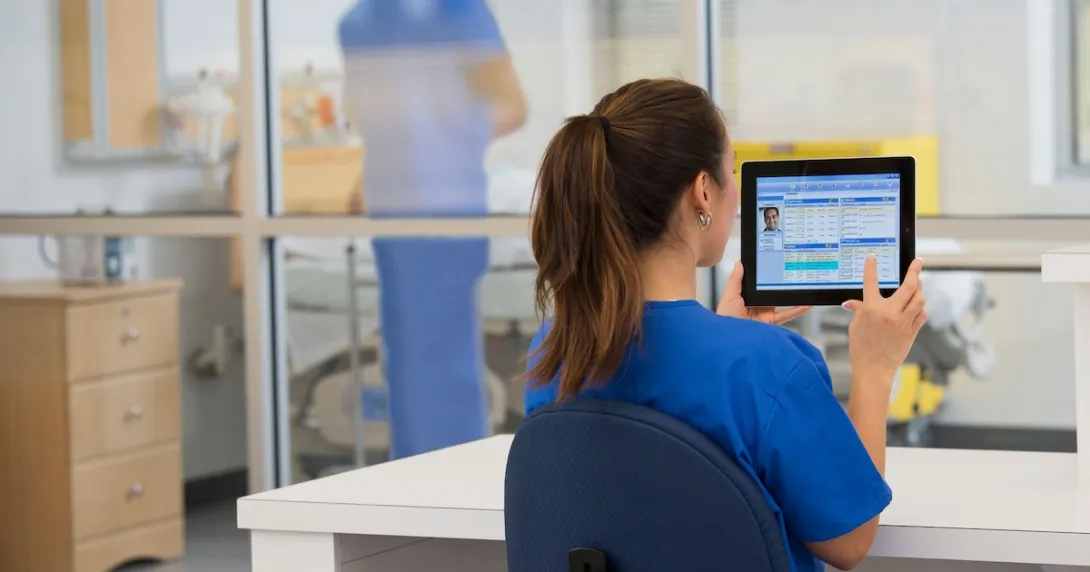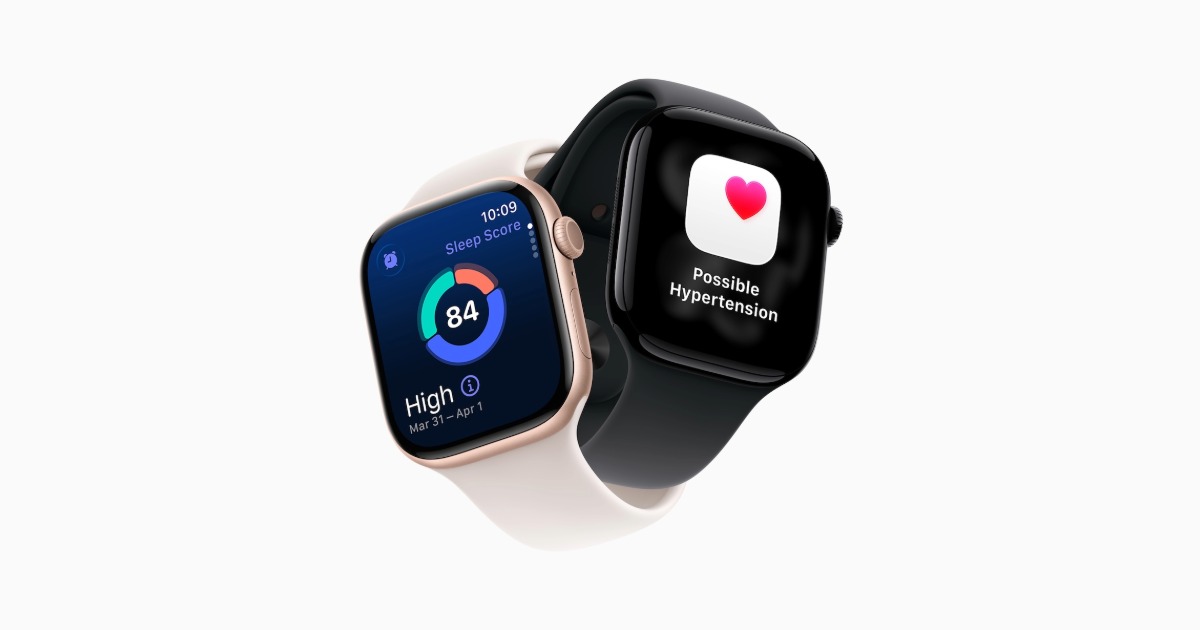
Photo: Ariel Skelley/Blend Images/Getty Images
Copenhagen-based Teton.ai, a predictive care company that offers an AI companion to help nurses monitor patients and improve workflows, has secured $20 million in a Series A capital raise.
The round was led by Plural with participation from Bertelsmann Investments, Antler Elevate and Nebular and follow-on investment from PSV Tech.
WHAT IT DOES
Teton.ai generates digital twins that examine and recognize what is happening with residents and staff in the hospital setting to gain an understanding of health and behavior. The company says this allows for providers to gain deeper insights into operations.
For example, by observing resident behavior, Teton.ai says it can help reduce falls in senior adults.
Teton.ai also forecasts workflows and staffing needs and tracks health metrics, giving providers the ability to plan for the future and make staffing, workflow and billing changes.
Additionally, the technology allows families to monitor their relatives' health status remotely and in real-time.
The company says it is in "advanced pilots with U.S. asset owners to bring predictive care to more elderly care residents."
The company will use the funds to launch nationwide in the U.S. and expand its operations in Europe.
"We will keep pushing the limits of what AI can do in predictive care, while staying laser-focused on a seamless user experience. At the same time, we are rolling out across the U.S. and will be live in 10 states by year-end," Mikkel Wad Thorsen, CEO of Teton.ai, told MobiHealthNews.
MARKET SNAPSHOT
In May, Teton.ai created a real-time, live 3D reconstruction of a hospital room using Gefion, Denmark's national supercomputer.
The aim was to help nurses recognize risks early, reduce paperwork and improve patient care.
Operated by the Danish Center for AI Innovation, Gefion is built on NVIDIA DGX systems. Teton uses NVIDIA DGX systems "to generate data for the digital twin."
According to NVIDIA, DGX Station is a "high-performance NVIDIA Grace Blackwell desktop supercomputer powered by the NVIDIA Blackwell Ultra platform." It enables AI developers, researchers, data scientists and students to prototype, fine-tune and inference large models on desktops.
In 2023, Teton.ai secured $5.3 million in funding for its AI nursing companion. The round was led by Plural with participation from Frontline Ventures and Finn Murphy.
Other companies in the predictive care and senior care space include CarePredict, which in 2023 announced it scored $29 million in Series A-3 investment.
The company offers an AI-enabled platform for senior care, combining wearable technology, indoor location tracking, machine learning and predictive analytics.
Its Tempo wearable includes sensors that can detect an individual's activities of daily living, including bathing, drinking, eating, toileting, walking and sleeping.
In June, Tombot, a company that makes a robotic puppy that serves as a companion animal for people who cannot care for a live animal, announced that it closed an oversubscribed $6.1 million Series A funding round.
The aim of Tombot's puppy, Jennie, which Jim Henson's Creature Shop designed, is to provide the health benefits attributed to live animal ownership, including stress reduction and combating loneliness.
The robotic puppy is for individuals with dementia and mild cognitive impairment residing in private homes, assisted living facilities and memory care communities.
In April, AgeTech venture capital firm Equitage Ventures announced the final close of a new $47.3 million fund.
Equitage Ventures provides capital, distribution and advice to entrepreneurs who target senior adults' unmet physical, mental, spiritual and social needs.
The company used the funds to invest in companies it deems capable of transforming healthcare into areas where it perceives "urgent need, real opportunity or long-term transformation."
In January, The Helper Bees, an independent technology platform focusing on how older adults live and age, raised $35 million in a Series C funding round.
The Helper Bees is an independent aging platform that aims to help insurers close the care gap and provide older adults with the tools and services they need to remain in their homes.
The company provides a network of nonmedical products and services, such as meal delivery, lawn care and transportation. Its provider network is vetted and integrated into numerous long-term care and Medicare Advantage insurance plans.


